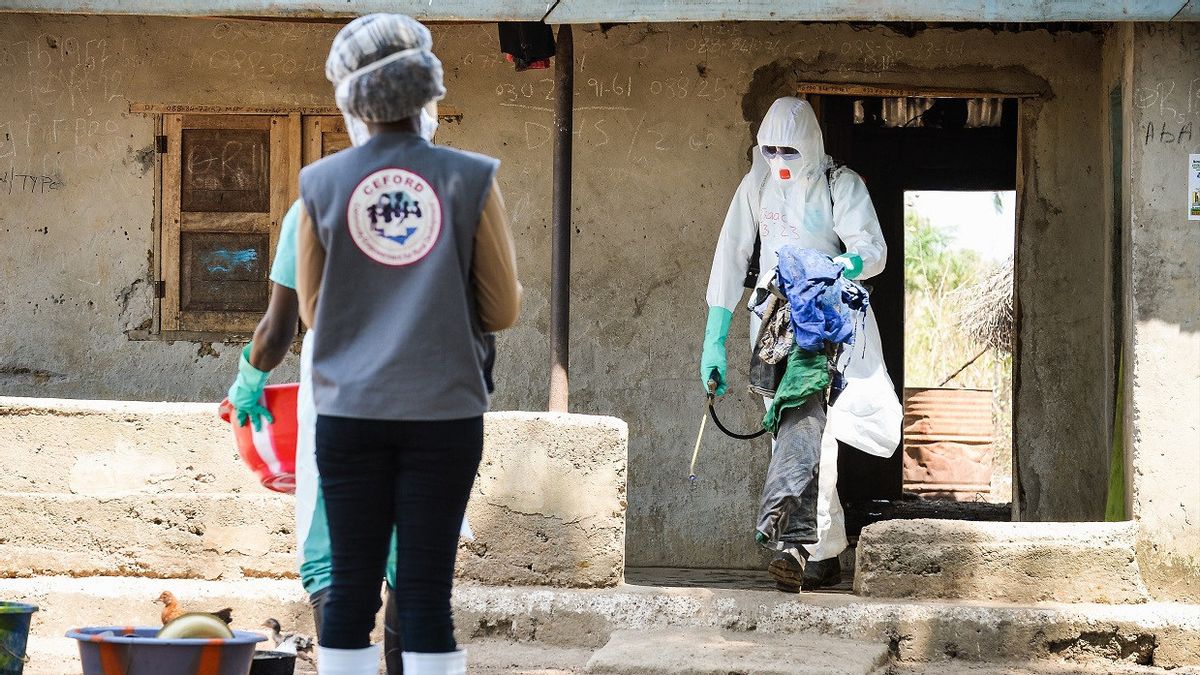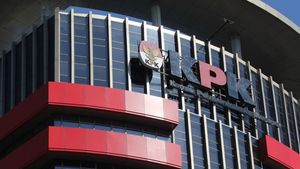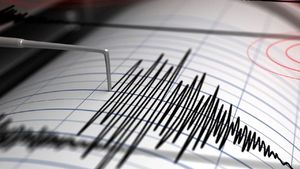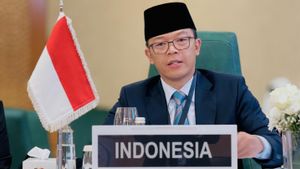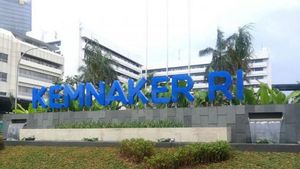JAKARTA - Good news comes from a clinical trial of the Ebola vaccine in Sierra Leone, where both children and adults showed a strong immune response to a possible Ebola vaccine.
The two-dose vaccine that Johnson & Johnson developed was found to be safe and well-tolerated, according to research published in The Lancet Infectious Diseases, citing Sky News Sept. 14.
The EBOVAC-Salone study is the first to test a vaccine in a region hit by the 2014-2016 Ebola outbreak, the worst on record.
It is also the first to test the vaccine on children, with about 20 percent of cases in the outbreak occurring in those under 15, with children under five being at a higher risk of death.
About 98 percent of trial participants showed an antibody response 21 days after the second dose of vaccine, and the immune response lasted at least two years in adults.

A two-stage trial was conducted between September 2015 and July 2018. The first phase looked at the vaccine's safety and ability to trigger an immune response, with 43 adults receiving the Ad26.ZEBOV vaccine followed by the MVA-BN-Filo vaccine after 56 days.
They were offered a booster dose of A26.ZEBOV two years after the first dose and this resulted in a strong immune response within seven days.
In the second stage, 400 adults and 576 children were vaccinated with a regimen of Ebola vaccine or a single dose of meningococcal vaccine followed by placebo on day 57.
This research is a collaboration between the London School of Hygiene & Tropical Medicine (LSHTM) and Sierra Leone's College of Medicine and Allied Health Sciences (COMAHS).
First author on the pediatric paper, Dr Muhammed Afolabi, assistant professor at LSHTM said: "This study represents an important advance in the development of Ebola virus disease vaccine regimens for children, and contributes to public health preparedness and response for Ebola outbreaks.
"In collaboration with Sierra Leonean colleagues and local communities, this is the first published study to evaluate this two-dose vaccine regime in a randomized controlled trial in children," he said.

"The results show that this vaccine regimen has the potential to save many young lives."
Meanwhile, Professor Deborah Watson-Jones from LSHTM, said the threat of an Ebola virus disease outbreak in the future was real. And, it's important to remember that this disease is definitely not gone.
"Despite the additional global challenges surrounding COVID-19, we must not slow down efforts to find effective ways to prevent an Ebola virus epidemic and, if an outbreak does occur, to contain it quickly. Vaccines have a key role to play in meeting both of these goals," he explained.
To note, Ebola is spread between humans through contact with the blood or body fluids of a sick person or contact with objects that have been contaminated with these fluids.
Those at higher risk include anyone caring for an Ebola patient, as well as those performing funeral services that involve direct contact with the body of the deceased.
Meanwhile, the death rate from the virus has varied from 25 percent to 90 percent in previous outbreaks, according to the World Health Organization (WHO).
Johnson & Johnson's vaccine regimen received European approval in July 2020 and prequalification from WHO, which allows developing country drug procurement, in April 2021.
The English, Chinese, Japanese, Arabic, and French versions are automatically generated by the AI. So there may still be inaccuracies in translating, please always see Indonesian as our main language. (system supported by DigitalSiber.id)
